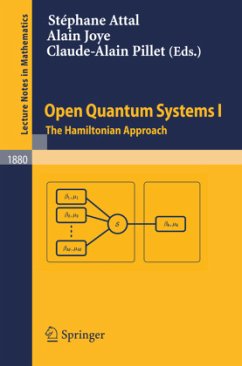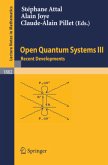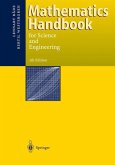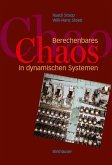This is the ?rst in a series of three volumes dedicated to the lecture notes of the Summer School "Open Quantum Systems" which took place at the Institut Fourier in Grenoble from June 16th to July 4th 2003. The contributions presented in these volumes are revised and expanded versions of the notes provided to the students during the School. Closed vs. Open Systems By de?nition, the time evolution of a closed physical systemS is deterministic. It is usually described by a differential equation x ? = X(x ) on the manifold M of t t possible con?gurations of the system. If the initial con?guration x ? M is known 0 then the solution of the corresponding initial value problem yields the con?guration x at any future time t. This applies to classical as well as to quantum systems. In the t classical case M is the phase space of the system and x describes the positions and t velocities of the various components (or degrees of freedom) ofS at time t. Inthe quantum case, according to the orthodoxinterpretation of quantum mechanics, M is a Hilbert space and x a unit vector - the wave function - describing the quantum t state of the system at time t. In both cases the knowledge of the state x allows t to predict the result of any measurement made onS at time t.
Bitte wählen Sie Ihr Anliegen aus.
Rechnungen
Retourenschein anfordern
Bestellstatus
Storno









